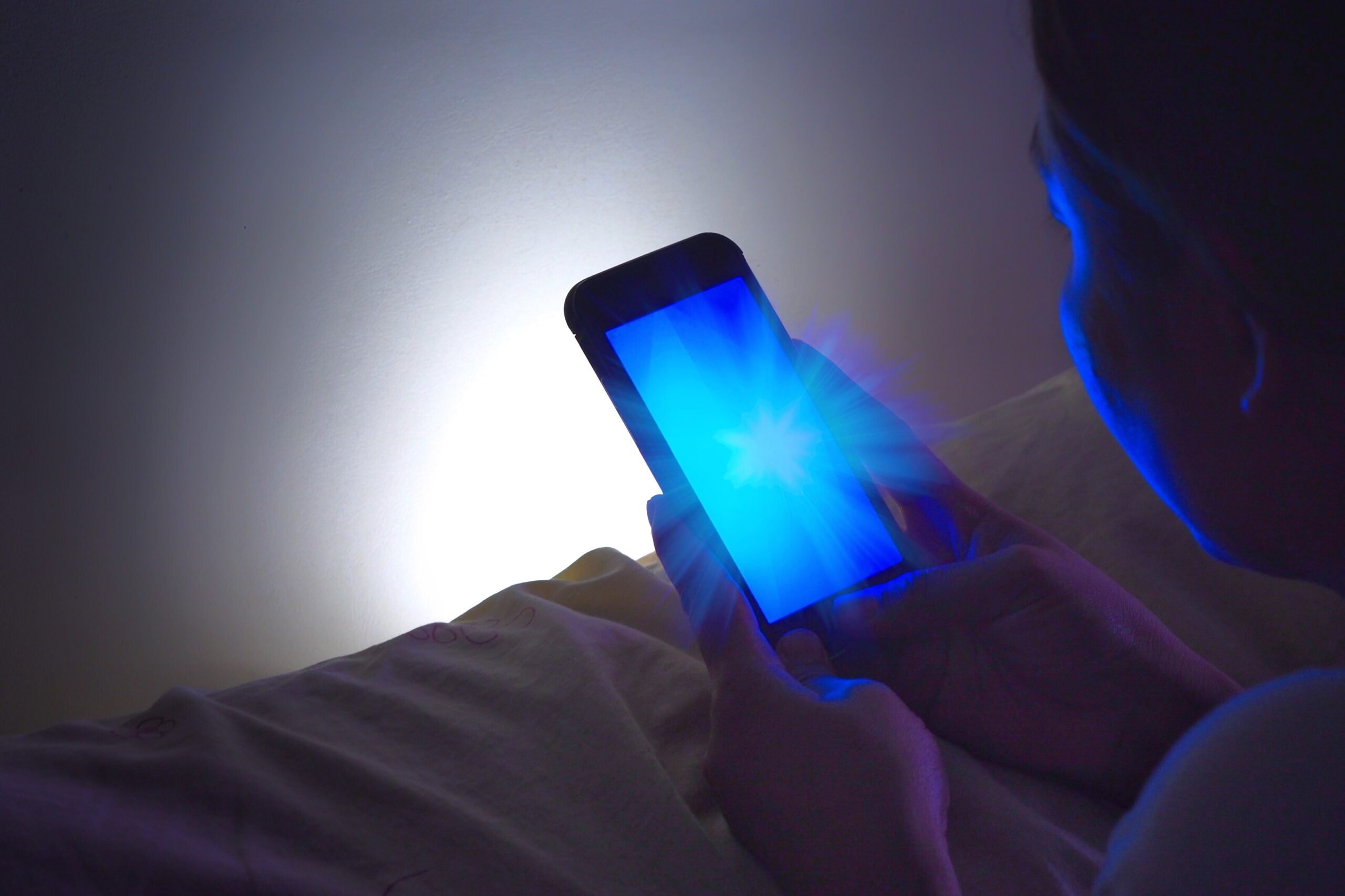The circadian rhythm is a biological clock that governs our sleeping and waking patterns based on light changes throughout the day and night. Because of it, our bodies produce the hormone melatonin that contributes to healthy and stable sleep, lowers cholesterol, improves our immune system, and boosts the capabilities of the pancreas, thyroid, adrenal glands, and sex organs. It also impacts how the body regulates temperature as well as eating and digesting.
The human circadian rhythm existed before the development of artificial light, which can damage people’s sleep and general health when used in excess. In particular, the circadian clock is most sensitive to light for about two hours before sleeping and one hour after waking up. This means that a person’s night time routine heavily impacts their ability to both fall asleep at night and stay awake in the morning: any exposure to bright light in the evening and night can shift the cycle.
This is relevant because about 60% of Americans fall asleep to their TV. A 2014 study at the University of Michigan showed that adults who consumed media before bed did not necessarily have a shorter duration of sleep, but the quality of their sleep was significantly worse based on the higher scores on the Pittsburgh Sleep Quality Index (PSQI). Another study from the University of José do Rosario Vellano in Brazil found similar results in university students with a more specific emphasis on the negative effects of the use of media between the hours of 7 pm and 12:00 am.
Blue light from electronic devices can affect the ability to get good quality sleep.
Image Source: Hirurg
TV, phones, and any other electronic device emit a specific type of light called blue light, which can disrupt the production of melatonin that affects sleep quality. Some people find that falling asleep to the TV helps them in the same way that white noise does; however, transitioning towards less blue light heavy options such as a white noise machine or other activities such as journaling, stretching, reading a paper book, or other options can improve sleep quality in the long term.
Removing screens from a night routine can be an abrupt change as our bodies can become adjusted to whatever habit it is used to. However, over time your sleep quality should start to improve the more you limit screen usage at least 30 minutes before bed and the more you align your sleep schedule to natural light.
Featured Image: © Tanapat Lek,jew / Adobe Stock










